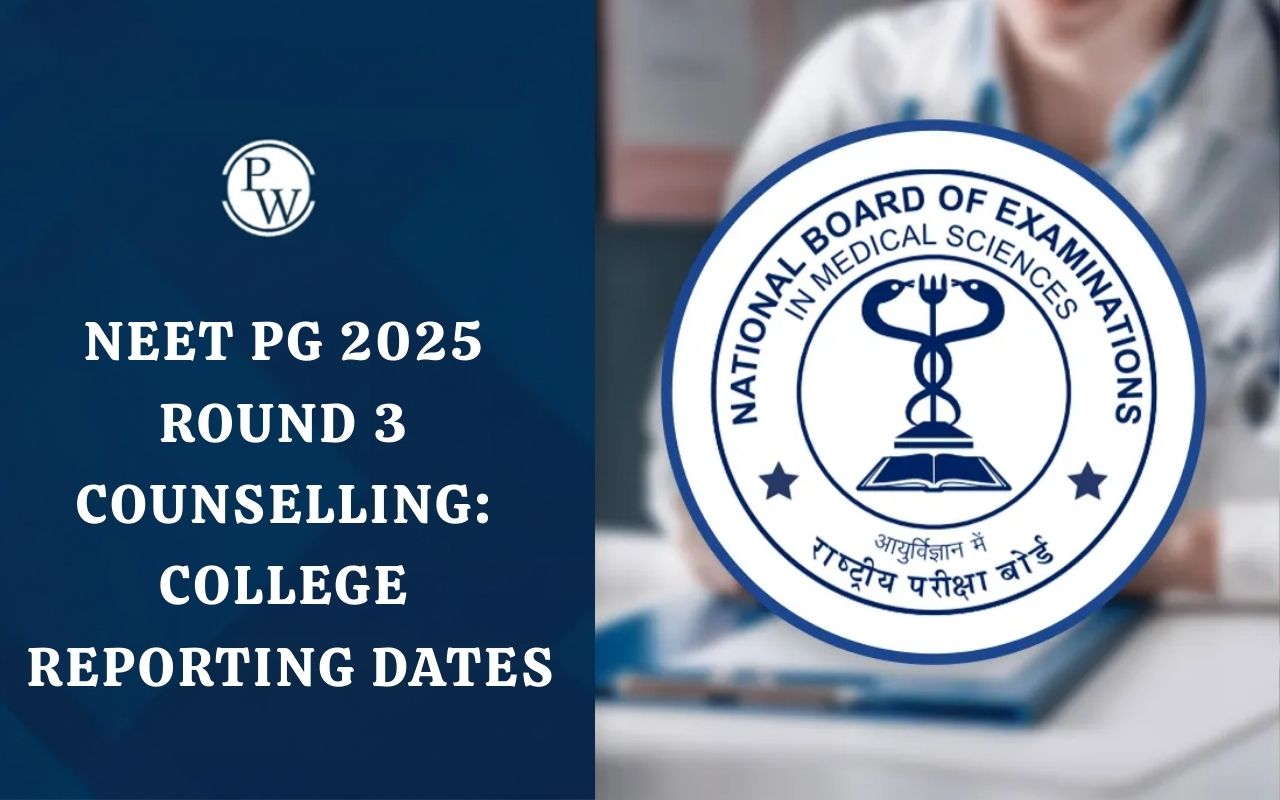
Chlamydia is one of the most common sexually transmitted diseases caused by bacterial infection. It often doesn’t produce any significant symptoms and can be transmitted to others unknowingly. It has to be diagnosed and treated correctly to avoid serious health issues.
What is Chlamydia?
Genital contact or bodily fluids can transmit the sexually transmitted bacterial infection chlamydia . Most cases of chlamydia occur in young women; however, it can affect people of any age and in both sexes. The majority of chlamydia infections are asymptomatic, meaning they show no outward indications of disease. Untreated chlamydia can lead to significant complications and damage to the reproductive organs.Causes of Chlamydia
The bacteria Chlamydia Trachomatis is responsible for chlamydia . The primary means of chlamydia infection transmission is sexual contact, where vaginal fluid or semen transfers the bacteria from one person to another. All forms of sexual contact have possible causes, including those that don't involve ejaculation or penetration. There are several ways in which one person's vaginal secretions can spread the chlamydia-causing bacteria to others:- Intercourse: From one person's penis to their partner's vagina, or the other way around, bacteria can spread.
- Anal Sex : Bacteria can spread from one person's penis to their partner, or vice versa.
- Oral Sex: Infections can transmit from one person's mouth to their partner's penis, vagina, or anus, or the opposite way.
- Users of sex toys can contract infections through the mouth, penis, vagina, or anus.
- Physical stimulation of the anus or genitalia : Although rare, an illness known as conjunctivitis (pink eye) can result from contaminated vaginal fluid or semen coming into contact with an individual's eye. It may occur, for instance, if you touch an infected person's genitalia and then rub your eyes without first washing your hands.
Symptoms of Chlamydia
The majority of chlamydia patients never experience any symptoms or very minor symptoms. They are easy to overlook, so routine screening is critical. If you contract chlamydia, symptoms typically appear one to three weeks after the infection. An uncommon discharge coming from your penis or vagina could indicate that you have a chlamydia infection. Men and women may experience some chlamydia symptoms slightly differently.Chlamydia Symptoms In Men
Men who have chlamydia often experience the following symptoms:- There is a burning sensation when urinating.
- The penis produces mucus-like or watery discharge.
- The testicles are painful.
- Lower abdominal pain
- Discharge or bleeding from this region
- Frequent pain
Chlamydia Symptoms in Women
Among the most typical signs of chlamydia in females are:- Pain during sexual intercourse (dyspareunia)
- Burning feeling when urinating (dysuria)
- The discharge from the vagina may be yellow or grey.
- Itching around the vagina
- The lower abdomen is painful.
- Cervix inflammation (cervicitis)
- Bleeding in between periods
- Painful periods
Complications of Chlamydia
- If the Chlamydia infection spreads to the fallopian tube, women may develop pelvic inflammatory disease (PID), which leads to fever, pelvic pain, nausea, and unusual bleeding in between periods.
- A rectum infection with chlamydia can cause rectal pain, discharge, and bleeding .
- The epididymis, which lies next to each testicle, can become inflamed due to a chlamydia infection, causing pain, discomfort, and fever.
- This infection increases the risk of ectopic pregnancy and also causes damage to the fallopian tubes, which might lead to infertility.
- People may develop reactive arthritis as an aftereffect of chlamydia infection.
- Infections that extend to the prostate gland can also result in fever, uncomfortable intercourse, and lower back pain.
- A throat infection can occur during oral sex with an infected person. A cough, fever, and sore throat are signs of a chlamydia infection in the throat.
- A mother can transmit chlamydia to her newborn child.
Chlamydia Risk Factors
Depending on a person's age, gender, and race, the risk of chlamydia infections can increase. Researchers find that people with the following characteristics are more susceptible to this disease:- The age group of 15–24 years accounts for more than half of all diagnosed cases of chlamydia in the United States.
- The instances are more common among females.
- Chlamydia infections are more likely to affect men who have sex with other men (MSM).
- The infection is prevalent among black and Hispanic populations.
- Persons with a history of sexually transmitted infections (STIs) are more likely to get this infection.
Diagnosis of Chlamydia
Even if you don't see any symptoms of infection, it's still vital to get checked for chlamydia because the majority of cases are asymptomatic. The process of detecting and diagnosing chlamydia involves a few tests, which are as follows:- Urine examination: Analyzing a urine sample can reveal the illness's source.
- Swab test: The doctor examines a sample of discharge from the anus, vagina, or cervix. The doctor may also perform a throat swab test based on the symptoms.
Treatment for Chlamydia
To make the treatment more effective, talk to your healthcare practitioner about your sexual history and activities, regardless of your age, sex, or other physical factors. The doctor will find the best way to treat the disease. Chlamydia trachomatis, being a bacterial infection, typically undergoes antibiotic therapy. You can administer the medication as a single dose (e.g., azithromycin) or as often as necessary over seven days (e.g., doxycycline). After taking the antibiotic, the infection usually goes away in one to two weeks. The treatment plan also includes avoiding sexual acts that can re-infect you. During treatment, you must observe the following precautions:- Take all of your medications and refrain from engaging in any sexual activity, per your doctor's instructions.
- Inform all your sexual partners about your illness so they can also undergo testing.
- Examine yourself for gonorrhoea , syphilis, herpes, HIV/AIDS, and other STIs.
- Getting specific treatment for each infection is critical in cases of multiple STIs.
Prevention of Chlamydia
Since many chlamydia patients never experience symptoms, it's not always easy to determine if a present or prospective partner has the disease. It's a good idea to incorporate safer sex practices into your everyday life with prevention in mind.- When engaging in sexual activity, always wear a condom or a male latex condom. Using condoms during every sexual contact significantly reduces the risk of infection.
- Limit how many people you have sex with. Having multiple sexual partners increases your risk of acquiring chlamydia and other STIs.
- If you regularly engage in sexual activity, especially with multiple partners, follow your doctor's advice and undergo testing frequently to check for chlamydia and other STDs.
- Avoid sharing sex toys, and if you do, wash them after each use and cover toys used for penetration with a condom.
Chlamydia FAQs
How long does chlamydia last?
Chlamydia will likely go away with treatment in a week or two, but the test result could still be positive for four weeks after that.
What complications may appear in babies born with Chlamydia?
If left untreated, newborns with chlamydia infection can develop pneumonia or conjunctivitis, which may result in blindness.
Why is regular testing required for STIs even after treatment for chlamydia?
Antibiotics can treat your infection, but they cannot reverse the harm the bacteria did before therapy. Therefore, it's crucial to have regular testing for STIs if you are sexually active.
Can Chlamydia go away on its own?
No, chlamydia doesn’t go away on its own. Treatment is required to avoid significant health complications and the risk of infecting others.
How can chlamydia bacteria cause an eye infection?
If you touch an infected person's genitalia and then rub your eyes without first washing your hands, you could get an eye infection.
Talk to a counsellorHave doubts? Our support team will be happy to assist you!

Check out these Related Articles
Free Learning Resources
PW Books
Notes (Class 10-12)
PW Study Materials
Notes (Class 6-9)
Ncert Solutions
Govt Exams
Class 6th to 12th Online Courses
Govt Job Exams Courses
UPSC Coaching
Defence Exam Coaching
Gate Exam Coaching
Other Exams
Know about Physics Wallah
Physics Wallah is an Indian edtech platform that provides accessible & comprehensive learning experiences to students from Class 6th to postgraduate level. We also provide extensive NCERT solutions, sample paper, NEET, JEE Mains, BITSAT previous year papers & more such resources to students. Physics Wallah also caters to over 3.5 million registered students and over 78 lakh+ Youtube subscribers with 4.8 rating on its app.
We Stand Out because
We provide students with intensive courses with India’s qualified & experienced faculties & mentors. PW strives to make the learning experience comprehensive and accessible for students of all sections of society. We believe in empowering every single student who couldn't dream of a good career in engineering and medical field earlier.
Our Key Focus Areas
Physics Wallah's main focus is to make the learning experience as economical as possible for all students. With our affordable courses like Lakshya, Udaan and Arjuna and many others, we have been able to provide a platform for lakhs of aspirants. From providing Chemistry, Maths, Physics formula to giving e-books of eminent authors like RD Sharma, RS Aggarwal and Lakhmir Singh, PW focuses on every single student's need for preparation.
What Makes Us Different
Physics Wallah strives to develop a comprehensive pedagogical structure for students, where they get a state-of-the-art learning experience with study material and resources. Apart from catering students preparing for JEE Mains and NEET, PW also provides study material for each state board like Uttar Pradesh, Bihar, and others
Copyright © 2026 Physicswallah Limited All rights reserved.









